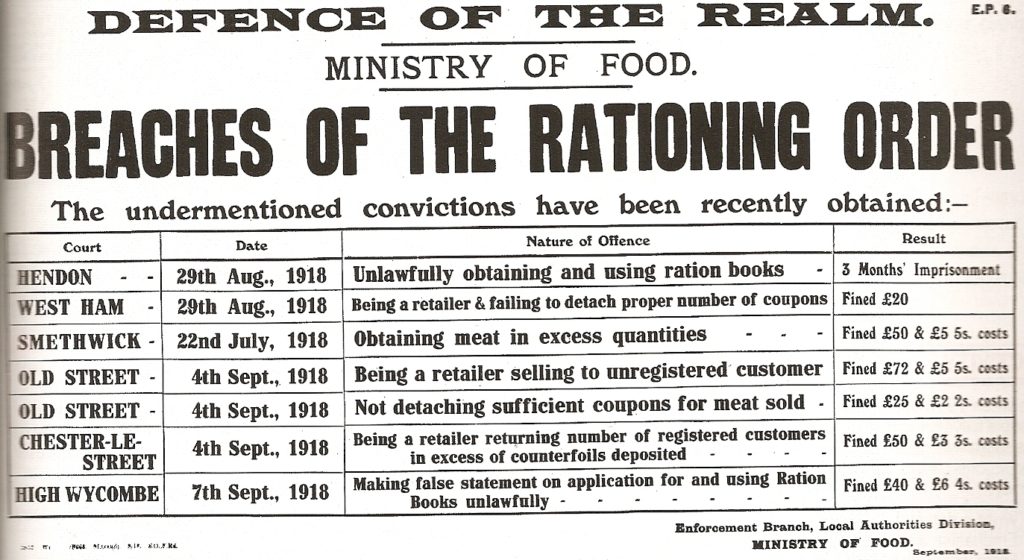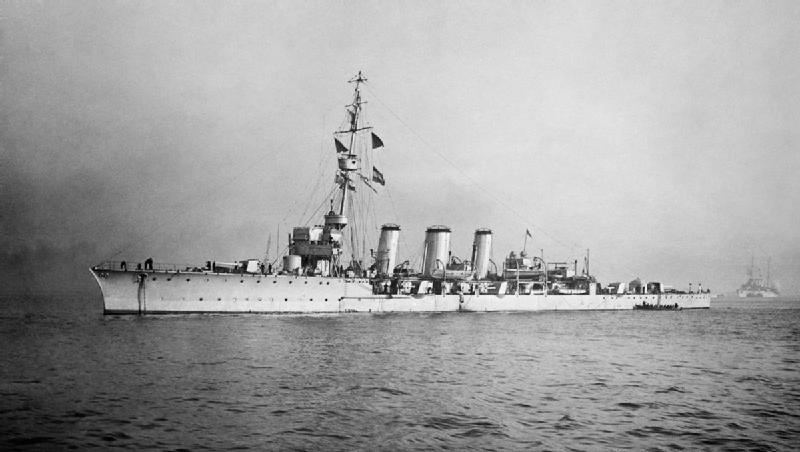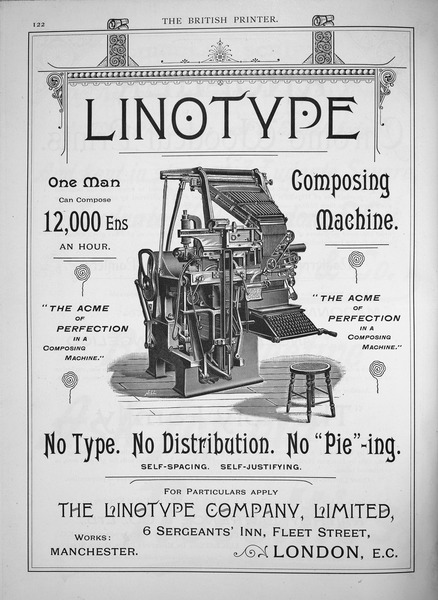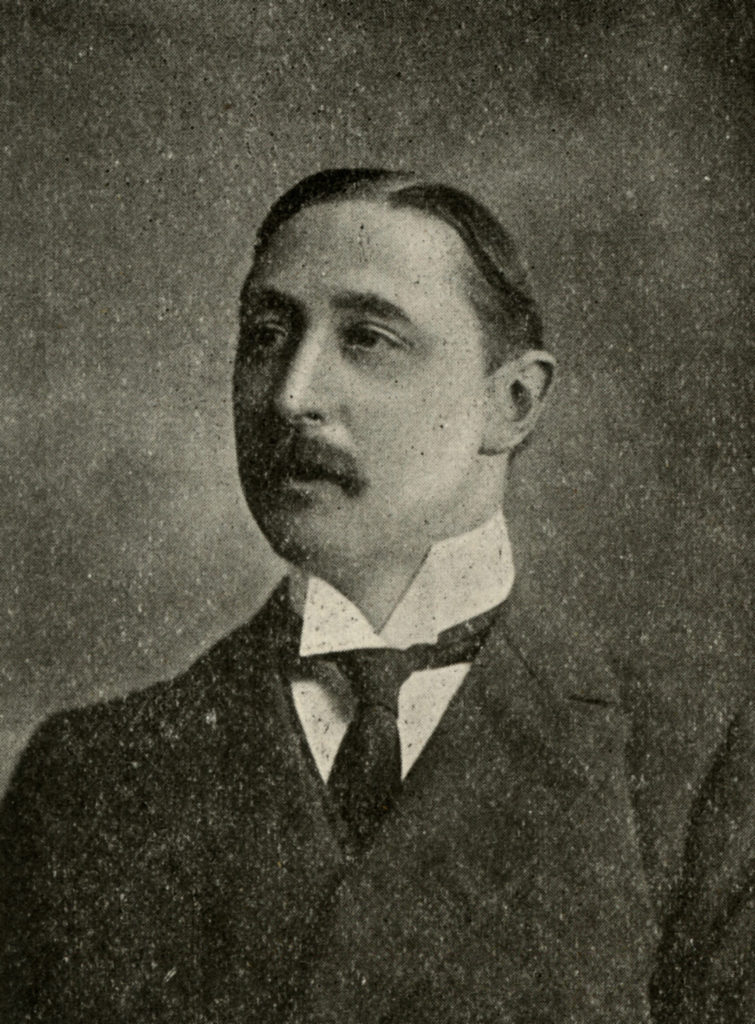BERWICK ADVERTISER, 22 SEPTEMBER 1916
BERWICK TRIBUNALS
Thomas Howe Pattison (37), sign writer and master painter, residing at 12 Parade, Berwick, appealed on the ground of serious hardship. He would have to close if he was taken, and the military allowance would not maintain his wife and family. All his capital had been placed in the business, and in asking him to serve they asked for his home, business, and all. He was willing to do something if he obtained a place in some munition work or corps where the pay would be sufficient to maintain his wife and family. He had been three years established in business; he was a native of Berwick, having learned the trade with his father. After that he worked in Newcastle, returning to Berwick and opening his present business. He had been passed for field service at home.- Mr Hogarth: You are exactly in the same position as other painters that have been asked to serve – Mr Pattison: I don’t exactly understand what you mean by saying that.- The appeal was dismissed.
Samuel Gibson (18), Tweedmouth, linotype operator, “Advertiser” Office, was appealed for by Mr H. R. Smail, on the ground of serious hardship, and that Gibson’s services were indispensable. The case was heard in private, and the Chairman announced that the members had decided to grant exemption till 31st December. He could apply to the Tribunal again, but they hoped that in the meantime he would do the utmost to obtain a substitute.
LOCAL NEWS
Early Closing of Shops – The special attention of the public is drawn to an advertisement intimating the early closing of all business premises in Berwick from Monday, 2nd October. Commencing on that date, shops will shut on Monday, Tuesday, Wednesday, and Friday evenings at 6p.m., on Saturdays at eight p.m. This will continue until the 1st of March. His Worship the Mayor also trusts that the public will assist in every way possible in the obscuration of all lights during the coming winter. No further warnings are to issued by the police, and in the future severe sentences are to be imposed for failing to observe the regulations which are so necessary at the present time.
Postage of Papers to the United States of America – We regret to inform our subscribers for whom we post the “Berwick Advertiser” and the “Berwickshire Advertiser” to the United States of America that owing to the restrictions made by the War Office, London, we cannot continue posting these papers except through an agent, making the cost to be 3d in place of 2d for each paper.
CAMPS LIBRARY
Further contributions of books, magazines, illustrated papers, etc., have been received at the Custom House – the local depot for this institution during the last week from Mrs R. Sidey and Mrs J. Simpson, Tweedmouth, Miss Grey, High Street; Mr Wilson, 32 Woolmarket; and a 5th lot from Mrs Cleasby Taylor, Bridge Street; also packing cases from the Tweedmouth Co-operative Society. Mr Toohey, collector of customs and excise, wishes to express thanks for same on behalf of the Central Committee, and state he hopes to be daily recipient of much needed lots of books and other suitable reading matter to forward for distribution amongst our sorely tried but brave warriors by flood and field, and their faithful devoted friends and nurses in camps at home and abroad – where so many harassed minds urgently need “something to read” to soothe and tone them up, and give away any tendency to downheartedness, for which in the light of every day happenings recently we have no excuse as the boys are “doing their bit” like true Britons; so also let those who can spare or procure and give “something to read” for the lads, do their bit and support the Camps Library during the period of the war.
FOOD PRICES AND STRIKE THREATS
Sir, – At that period of the war when Government allowances were settled on the dependants of those who had joined up, the amount was fixed on the basis of what was being lost to the home, by the withdrawal of the male supporters. This, you may be sure, after all official enquiries had been exhausted, was the bare minimum and was also in accordance with the existing food prices, which were then about normal.
Since then food prices have gone up 50 or 60 per cent., with the prospect of still further advances, which may be considerably augmented by the reported potato crop in many districts. Now Sir, the men fighting out there for their 1s 2d a day, part of which they ungrudgingly send home, know how hard it is on dependants under the present conditions, owing to the inflated prices, to meet the ever increasing demands, yet they are helpless to bring about a better and fairer state of things, by asking for their dependants an enchanced Government allowance, equivalent to the rise in prices.

What would the Empire, the Allies, or the world, think, or say, or do, if these men now doing so well on the different fronts, were to demand 10s per week advance on their dependants allowances, and back it up by the threat to throw up their hands in the face of all enemy attacks, unless their demands were conceded on a certain date, – What would they say or do, I ask? By all means get a strong move on against the unjustitable high prices of food, against the unscrupulous exploiters of the poor, and against the apparent apathy of the Government in the whole acute crisis.
But for heaven’s sake let us do nothing at present, that would for one moment embarrass or foil the magnificent spirit of self sacrifice, we are daily witnessing on the Somme and elsewhere. Our sacrifice, great as it may be at home, is small indeed, compared with that being exercised by those hewers who are making indelible history out there for our sakes at home.
Keep at the Government workers! get redress that shall benefit the nation at large, not a small section only; consolidate your positions, and reserve your fighting tactics till after the Germans have been beaten, and the others fighters from France and all over, shall throw in their lot with you, to destroy that element in our midst which has been making fortunes from the hardships of the poor.
Yours sincerely
THOMAS GREY
Tweedmouth
VEGETABLES AND FRUIT FOR THE FLEET
Mrs M. Askew, Ladykirk, Norham, hon. Secretary to the local branch of the Vegetables Products Committee, has received a letter dated 11th September, from Commodore E. S. Alexander Sinclair. H.M.S, Galatea, also a letter dated 12th September, from the Commanding Officer of H.M.S. Inconstant, and a letter dated 11th Sept. from the Fleet Paymaster (P.M. Coldaugh) of the Victualling Store, H.M. Dockyard, Rosyth, all of which thank that lady for supplies of fruits and vegetables sent for distribution to the men of the Fleet, and which have been very much appreciated.

The local committee will be very glad to receive donations of vegetables and fruit, which are to be forwarded to the headquarters, Town Hall, Berwick on Saturdays. All who desire to send such gifts to the gallant men of the navy can have same forwarded free of charge by the railway companies. A generous response is appealed for. The Boy Scouts are going round with their cart to ask for gifts of vegetables. One turnip or cabbage from everyone would be most acceptable.






